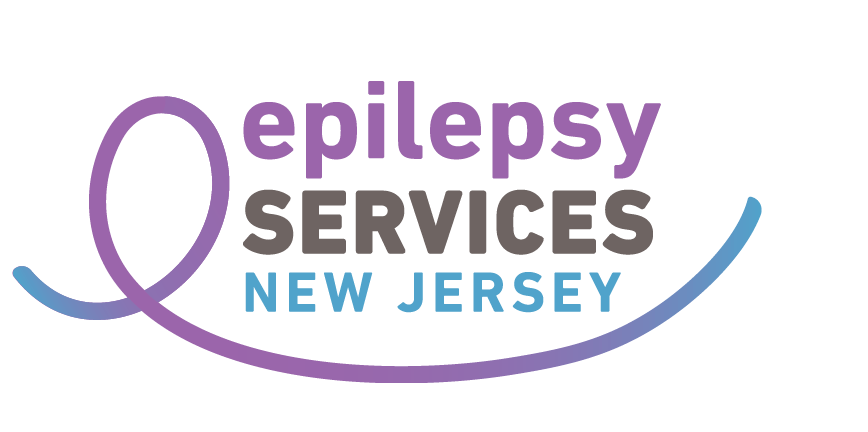Epilepsy & Adult Life
Epilepsy Throughout the Lifespan
Epilepsy & Adult Life
Epilepsy or seizure disorders do not have to dominate your adult life. One in one hundred people in the U.S. live with epilepsy. While seizure disorders can begin at any time in a person’s life, adults may encounter specific issues such as impact on relationships or employment. Adults may live many years without a diagnosis of epilepsy and then develop the disorder, leading them to ask, “Why did this happen?”
In many cases, as many as five out of ten, there is no good answer, however some known causes of epilepsy that begins in adult life include:
• Head injuries
• Brain tumors
• Lack of oxygen to the brain
• Exposure to certain toxins, like lead
• After-effects of infections like meningitis or encephalitis
• Parasites from under-cooked meat (especially pork)
• A seizure that appears to be the first one may be a result from a previously undiagnosed seizure disorder.
• A seizure may sometimes appear as a first symptom to an underlying health problem that requires immediate attention.
Treatment
Epilepsy is most commonly treated with daily medications that prevent the seizures.
Antiepileptic drugs can prevent or reduce the frequency of seizures, if they are taken every day, and on time. Missed doses will likely increase the occurrence of seizures, and stopping medication suddenly could cause break-through seizures. Sometimes, when these drugs are not helpful in controlling a person’s seizures, other treatments may be tried. These options include surgery to remove a small area of the brain, or VNS therapy (Vagus Nerve Stimulator) where small, regular, bursts of electrical energy is sent into the brain via wires linked to a large nerve in the neck. The energy is generated by a small battery surgically placed under the skin.
Employment, Driving, and Insurance
There may be times in an adult’s life where they may experience discrimination because of their epilepsy. Federal and state laws provide some protection for people with disabilities including epilepsy. The Americans with Disabilities Act (ADA) requires an employer to provide any reasonable “accommodations” which would enable an otherwise qualified person with an eligible disability to do the job.
Typical or reasonable accommodations for people with epilepsy may include arranging new work schedules, installing safety devices around machinery, replacing a flickering bulb with a steady light or re-assigning non-essential duties.
Driving might also be an issue if seizures are not controlled, this in turn, could affect employment. Eligibility requirements vary from state to state, and some states have no specific seizure-free interval. It is important to try to use and access public transportation or other options such as carpools if seizures are uncontrolled. If a person has a seizure that causes them to blackout while driving, they not only risk their lives, but the lives of those sharing the road. In the state of New Jersey, a person must be seizure free for six months before they may get their driver’s license.
Health insurance coverage through an employer may exclude or limit coverage of a condition that existed before the person was hired. The Health Insurance Portability and Accountability Act of 1996 offers some protection for people with pre-existing conditions such as epilepsy, if their employers offer coverage to other employees.
Under the Act, neither employees with epilepsy nor their children can be excluded completely from coverage.
To learn about our Health Insurance Enrollment Assistance program, please click here.
If you’d like to download the seizure action plan template in Spanish, please click here.
